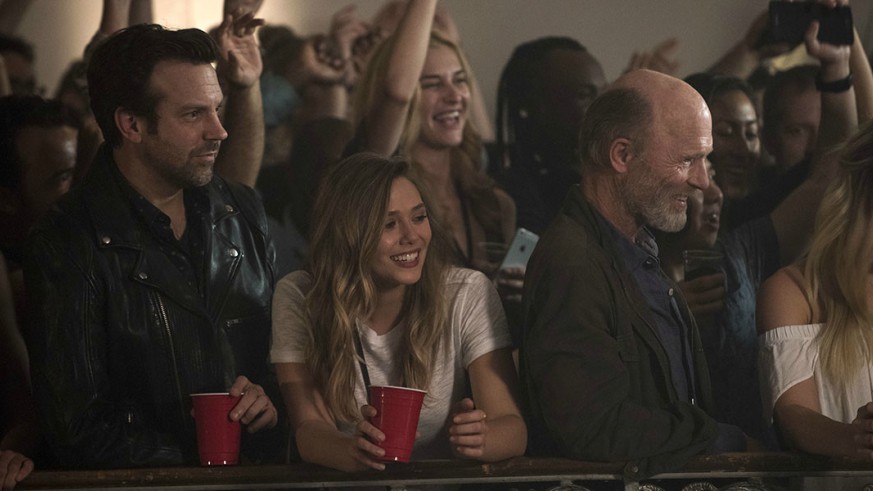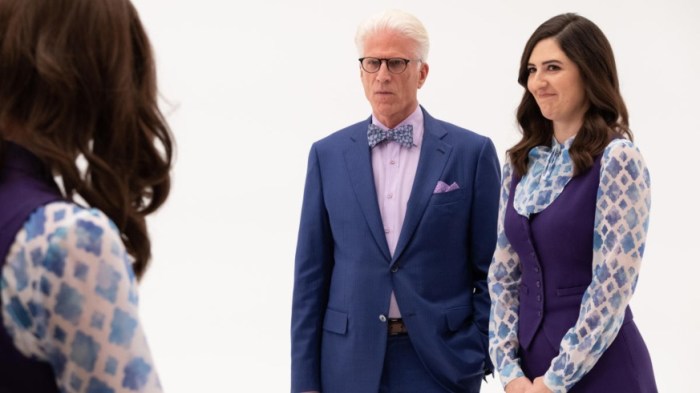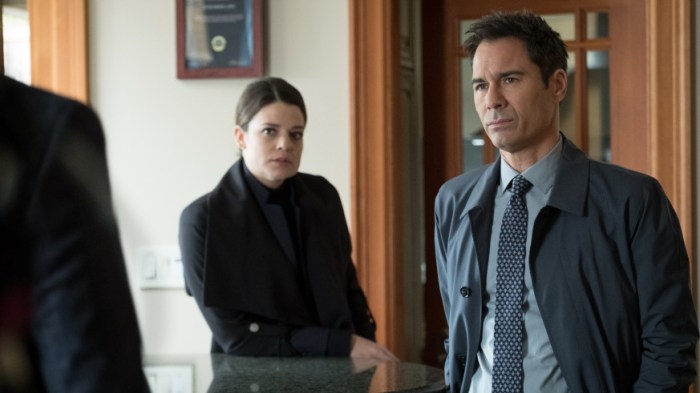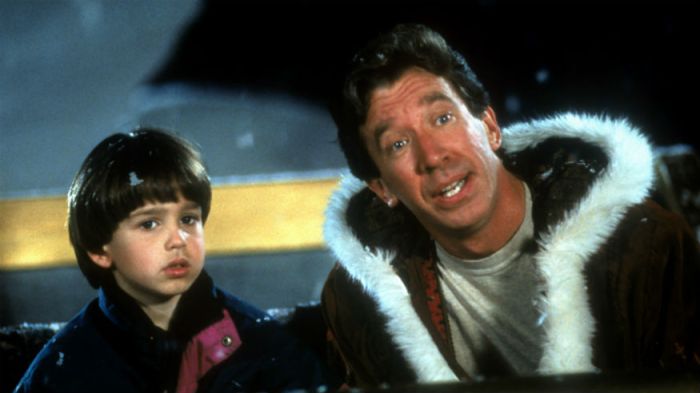Jason Sudeikis is easily one of the most watchable movie stars working today.
The mere presence of the “Saturday Night Live” alumni was enough to make audiences flock to the likes of “Hall Pass,” “Horrible Bosses” and “We’re The Millers,” while his innate eye and ear for comedy helped them to rise above Hollywood’s usual comedic fare.
Amidst the laughs, though, you could always sense that there was much more to Sudeikis repertoire. Over the last few years, Sudeikis has shown just that, digging deeper and showing more range in the likes of “Sleeping With Other People,” “Race,” “Colossal,” “Permission” and “Downsizing.”
In “Kodachrome” Sudeikis gives his most layered performance to date, as he plays the estranged son to Ed Harris’ terminally ill photo-journalist Benjamin. The pair are forced to go on a road trip from New York to Kansas so that they can develop Benjamin’s last roll of Kodachrome film in the sole remaining lab that does so.
I recently had the chance to talk to Sudeikis about “Kodachrome,” Netflix, and playing catch with Ed Harris, during which time he also explained why more men need to cry.
What first attracted you to “Kodachrome”?
It was the story. It is always the story. Then it was the chance to work with Ed Harris. I was dubious whether he would know who I was or if he wanted to work with me. But he stayed on when I joined. And then 2 years later his mere participation continues to be one of the greater compliments I have received in my professional career.
What was it in particular about the story?
Because it was about working through one’s pain. And trying to emphasize with someone that you are completely at odds with. I think now more than ever that is a powerful story to tell and attempt to convey. Because that’s something that I hope people can go through in real life not just in a movie.
Had you read the original article that the film is based on, about the changes from film to digital.
I hadn’t until I got the script. But, listen, I was part of the writer’s strike in 2007 about the residuals for the digital, and the shift that was going on there, and I still have a sh** load of DVDs and CDs. But I didn’t know about Kodachrome and that it had been discontinued. I was shooting photographs in 2010, but I only really got into shooting film in 2012. And that’s when I learned it was a dying media.
How do you feel about this being released on Netflix?
We have a lot of options now. I am happy about it. Because we have no control over how a movie is going to be received. What is most important to me is the endeavor of making it, and the strangers coming together to make an invisible thing visible. Then it is lovely when people finally get to see the movies.
Certain sections of the movie industry seem to have issues with Netflix, though, which I find so bizarre.
There is that. But at the same time I am a huge proponent and do believe in the group mind and the unspoken and unquantifiable power of sitting in a room full of people, all strangers, and going through something at the same time. You only really get that in sports, awards shows, theater.
Is that why you did “Dead Poet’s Society” on stage?
I started in live theater, doing improv and comedy, and I had done plays and musicals after quitting basketball in college. So that is in me as much as film and television. But with “Dead Poet’s Society” it was just the opportunity to tell that story. Obviously I am of the age where I was moved and motivated and in many ways raised by Robin Williams. From “Aladdin” to “Mrs Doubtfire” and certainly his role as Mr Keating. There was just no way I could say no. Because I just believed in the opportunity so much. It was all about the doing.
Which leads back to the film really, because “Kodachrome” is about letting go of the past and moving forward. What was it about the film’s philosophies that struck with you?
On the level of digital and analog in that realm it just spoke to me because it says that good work just transcends its medium. It doesn’t matter if it is digital or analog. I know that I am more thrilled as a photographer when I take shots on film because it is instinctual. On digital I tend to look at the photo and overanalyze it and hate myself. So I liked the fact that with the film they are at a crossroads with digital and analog certainly in the music industry. Where they need hits and it doesn’t matter if it is any good. Which is the argument that we make at the start of the film. Then with the father son relationship it was all about stopping your baggage from disassociating you from the whole human experience. You can keep things at a distance, and judge them from afar and hold them unromantically in your head. Or you can push through that and try to see where they are coming from and be curious about it.
That seems particularly timely today.
Absolutely. We have become so preoccupied with left and right right now that we have lost track with right and wrong. I think so many of the ills of the American experience could be cured by merely reaching out and listening and realizing that we are all a lot more similar than we think. Those are the kinds of people that I gravitate towards.
What was one of the biggest things that you took away from working with Ed? I heard that you played baseball on set with him.
Yeah, he brought a couple of mitts. He was kind enough and smart enough to find out I was a leftie. And that was kind of to the chagrin of the director, who was thinking – and Mark is a very sweet, funny and intuitive guy, but I think a part of him wanted to be like William Friedkin, when he shot the gun in Linda Blair’s ear, and he didn’t want us to interact as much. But within the first week we were playing catch. I think that made Mark nervous, but then he realized that we can pretend to hate each other. But for Ed it is about the work. I know what people think about actors when they talk about the cultural elite. But Ed Harris has a beautiful cocktail within his presentation of the masculine and the feminine. But that guy is blue collar, works hard, and gives a damn about every aspect of filmmaking. All he does is give a damn about the job we are making. And doesn’t give a damn about how he looks and feels within that construct. It was a true joy trying to keep up with him. He demands by his own work ethic that you bring yours. He sets a high bar and that dips for no-one. All of which is admirable. Especially because he is trying so hard.
There’s a line in the film about great art only coming from rage and narcissism. Do you believe that?
It doesn’t have to come from that. I feel like completely powerless, like Superman around Krytonite, when I am upset or angry in order to make comedy. In times of strife in my human life on “SNL” it was hard to push that stuff aside and make jokes. Sometimes I wished I could just rage it out. But instead I had to put on a goofy wig and go and talk like Mitt Romney. That is some people’s process. And that’s Ben’s process, and that is how he qualifies his own insecurities. I don’t believe in the sad clown paradigm in all people and all art. I know that the arts are so important, though, because it allows for people to see their ills and their pains from the human psyche. It allows people to get it out of them if they’re working in it, and if you’re watching it allows to ingest it or see it or interpret it. All of which is so powerful.
Was there any piece of art that has played that role for you?
Music as much as anything. That has got me through so many highs and lows. But then I have used art to delve deeper into a valley that I am personally feeling. It sounds so dramatic and ridiculous but I remember New Year’s Eve either 95 or 96 I went to see “Leaving Las Vegas” for the second time. One of the most depressing movies. This was post break up. I had just quit school and moved back home with my folks. I went for some self flagellation. I just balled my eyes out and I came out of it and I was a brand new man. Which is something that boys aren’t taught to do. And we have to gravitate towards women that are kind enough to share that path with you or have male mentors that help you aspire to that. Because that sh** is hard. And you see both characters in the film wrestling with that notion of masculinity. Especially because, nowadays, male toxicity isn’t just output only. It manifests inside, too. And can stop you being the best version of you. Sometimes you just have to put on Cat Stevens and Nick Drake and cry and feel it.
“Kodachrome” is released on Netflix on April 20.



















